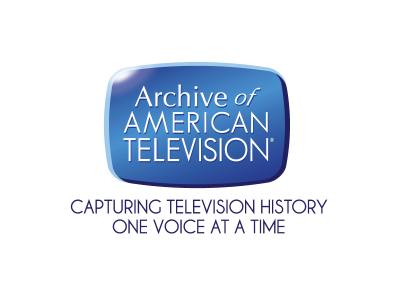"Love Boat" on DVD, Charles Fox Interview Online

The Love Boat has finally made it to DVD and just hearing the theme song brings back memories of Saturday nights and the Love Boat/Fantasy Island pairing.
The Archive has interviewed several of the creative team behind the series, including composer Charles Fox, who was responsible for many of TV's most memorable theme songs.
Click here to watch the entire 7-part interview with Charles Fox.
Interview description:
Fox talked about his musical education, which included studying with Nadia Boulanger in Paris from 1959-61. He spoke about breaking into composing for television, writing transition material for The Tonight Show Starring Johnny Carson as well as the bold and energetic theme song for ABC’s Wide World of Sports. He spoke in great detail about Love American Style, a series for which he wrote the theme song and scored music for the entire series run. He described other series for which he both scored the theme song and created libraries for track music. He described his work on Laverne & Shirley, including details about the pilot presentation and the creation of the theme song and main title. Additionally he talked about his work on the series: Happy Days, Wonder Woman, The Love Boat, and The Paper Chase. He also discussed his work in television movies (including Victory at Entebbe) and feature films (including The Other Side of the Mountain and Foul Play), as well as composing other popular songs. B-roll consisted of Fox performing a medley of his television theme songs as well as “Killing Me Softly With His Song.” The interview was conducted by Karen Herman on June 29, 2004.












